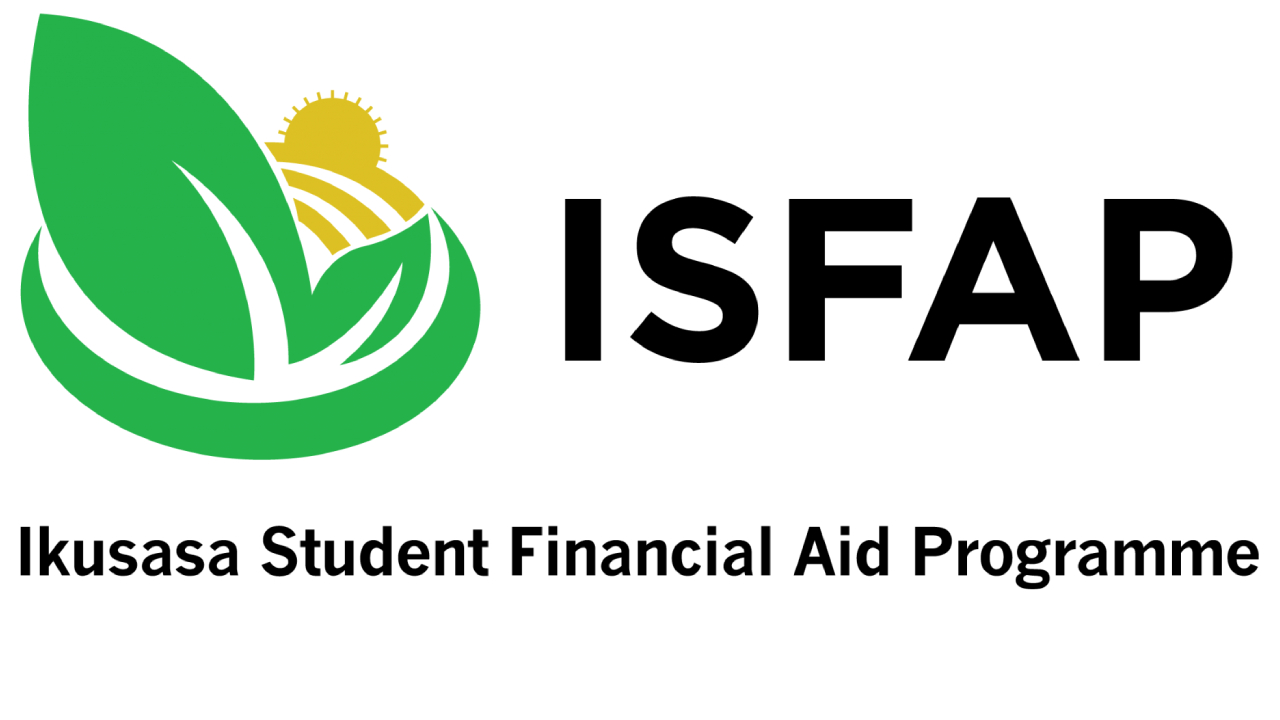Amid the crisis now unfolding at NSFAS, over a million students across South Africa’s universities and TVET colleges are being left in the lurch. Reports suggest that payment delays are still occurring, despite the scheme now being put under administration.
But there are alternatives, smaller in scope, yes, but still willing to cover the educational expenses of disadvantaged young people at no cost. One of these is the Ikusasa Student Financial Aid Programme Foundation (ISFAP), a public benefit organisation registered in 2018.
Compared to NSFAS, student perceptions are day and night when it comes to ISFAP.
The programme, like NSFAS, provides for youth who are unable to fund their tertiary education, covering tuition fees, accommodation, food, laptops, textbooks, and pocket money, and even has non-academic student support like life skills training on hand for participants.
Unfortunately, since it is smaller than NSFAS, ISFAP has partnerships with only a few universities but it does say it is looking to work with all 26 public universities in South Africa. So far it is available for students at the:
- Central University of Technology,
- Nelson Mandela University,
- University of Venda,
- Stellenbosch University,
- University of the Witwatersrand,
- University of Pretoria,
- Walter Sisulu University,
- University of Cape Town,
- Tshwane University of Technology,
- University of KwaZulu-Natal and,
- University of Johannesburg.
Unlike NSFAS that draws its funding from the national treasury, ie. taxation, ISFAP is funded by a variety of organisations and donations, including private sector companies, government institutions, international corporations, foundations, NPOs and even private individuals.
“ISFAP plays a huge role in solving the funding challenges faced by ‘poor’ and ‘missing middle’ students, as well as in addressing other challenges which South Africa faces, such as graduate employability,” the foundation says on its official website.
ISFAP also has a set of criteria to provide funding, like NSFAS, which includes a household means test for all applying students, and academic criteria which vary based on institution, matric results and funder constraints.
Importantly, applicants must be South African citizens and have a household annual income between R0 and R600 000 per year to be considered.
Recently, ISFAP CEO Morne du Toit offered to help NSFAS put systems in place to aid the government scheme in running important routines. “What we have seen is very concerning, and unfortunately not unexpected,” said Du Toit.
“We want to see stability, we want to see an organisation that is operationally efficient, and that can deliver on the core mandate of supporting students,” he added in an interview with eNCA.
Unfortunately, applications are currently closed for ISFAP for 2024, but it should open applications soon for 2025, as applications close in October every year. To learn about applying, click here.

